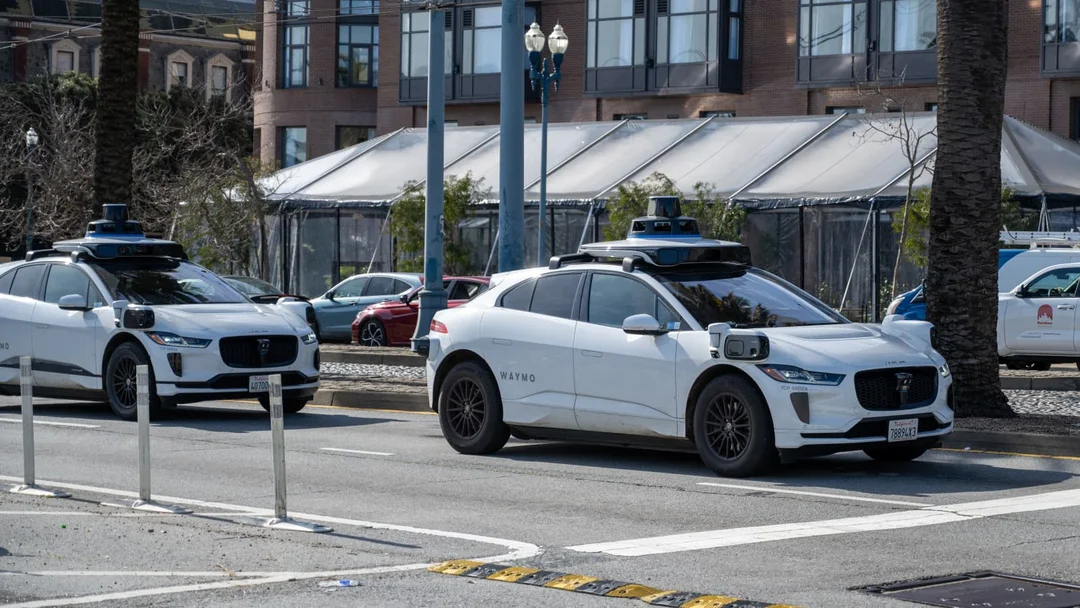
California’s Next Big Leap: Are Self-Driving Trucks Ready to Hit the Roads?
California is making waves in the world of autonomous vehicles, proposing sweeping new regulations that could transform how self-driving cars and trucks navigate public roads. As technology races ahead, these changes highlight the state's commitment to balancing innovation with public safety, potentially reshaping the future of transportation across the U.S.
At the heart of the proposal is the California Department of Motor Vehicles (DMV), which announced on Friday that it's seeking public input on rules covering everything from light-duty robotaxis to heavy-duty driverless trucks. This move comes amid growing excitement—and scrutiny—over companies like Alphabet's Waymo and Elon Musk's Tesla, which have long promised fully autonomous rides. The regulations aim to create the nation's most comprehensive framework for testing and deploying these vehicles, emphasizing enhanced safety measures and data reporting to protect pedestrians and first responders.
Key details include a phased permitting process: Manufacturers must first secure a permit for testing with a human safety driver, followed by accumulating a set number of test miles before advancing to driverless testing and, ultimately, full deployment. For heavy-duty vehicles weighing over 10,001 pounds, this would mark a significant expansion, allowing them on specific public roads for the first time in California—though largely restricted from city streets. This builds on existing efforts in states like Texas and Arizona, where such testing is already underway, and reflects California's push to foster innovation while addressing real-world risks.
Tesla, with its Palo Alto headquarters, stands to benefit immensely. Despite years of hype around its Full Self-Driving system, the company hasn't yet obtained deployment permits in California, and its vehicles still require a human driver. Elon Musk has repeatedly touted autonomous tech as a game-changer, but critics point to ongoing lawsuits, like the 2022 DMV case accusing Tesla of deceptive marketing for its Autopilot features. Shares of Tesla surged about 10% on Friday, rebounding from recent dips tied to global trade uncertainties, signaling investor optimism. In contrast, competitors like Waymo are already operating robotaxi services in Los Angeles and the San Francisco Bay Area, holding more advanced permits and demonstrating the technology's potential.
This proposal arrives as the National Highway Traffic Safety Administration eases federal reporting requirements for automated driving systems, creating a more favorable environment for the industry. Analysts suggest these regulations could accelerate adoption, but they also raise questions about equity, job losses in trucking, and ensuring interactions with emergency services. California's approach underscores a delicate balance: promoting tech advancements that could reduce accidents and emissions while prioritizing public trust.
In summary, California's proposed rules could pave the way for a safer, more efficient autonomous future, but they also invite debate on the risks involved. What do you think—will self-driving vehicles revolutionize our roads or pose new dangers? Share your thoughts in the comments below and help shape the conversation on this exciting development.